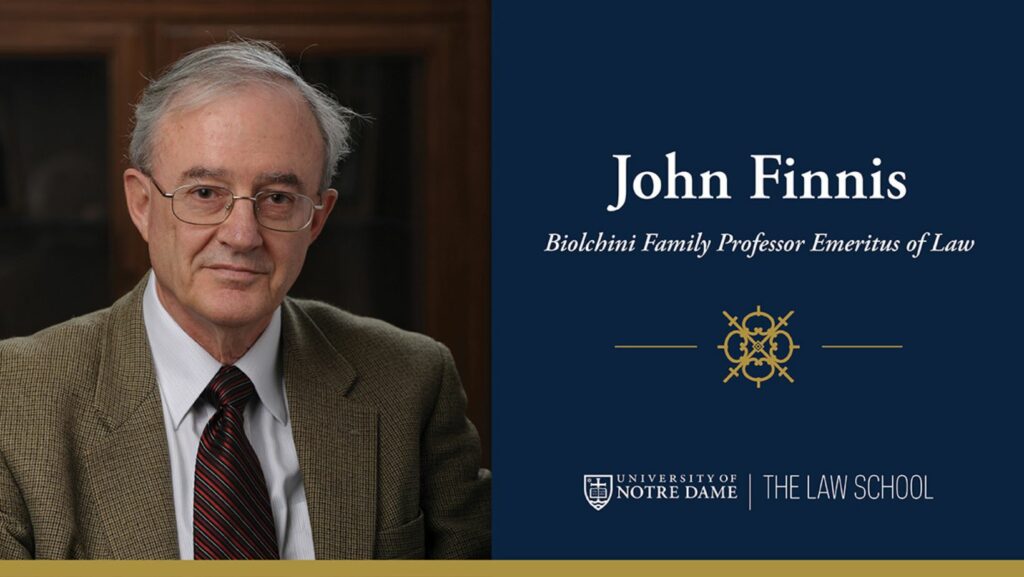
John Finnis
John Finnis, a prominent legal scholar and philosopher, has made significant contributions to the fields of jurisprudence and political theory. With a distinguished career spanning decades, Finnis is known for his work on natural law theory and the concept of common good. His insights on ethics and human rights have influenced a generation of thinkers and policymakers.

Finnis’s groundbreaking ideas have sparked debates and shaped discussions on fundamental moral principles in legal systems worldwide. Through his extensive writings and teachings, he has challenged conventional perspectives and offered fresh interpretations of complex legal and ethical issues. As a leading figure in contemporary legal philosophy, John Finnis continues to inspire critical thinking and reflection on the intersection of law, morality, and society.
John Finnis was born in 1940 in Adelaide, Australia. He completed his undergraduate studies at the University of Adelaide, where he obtained a Bachelor of Arts degree.
After finishing his bachelor’s degree, Finnis pursued his interest in law and philosophy by enrolling at University College, Oxford. At Oxford, he earned his Bachelor of Civil Law and Doctor of Philosophy degrees, delving deeper into legal theory and ethics.
Finnis’s academic journey continued as he traveled to the United States, where he undertook postgraduate studies at Yale Law School. His time at Yale broadened his perspective on legal philosophy and provided him with valuable insights that would shape his future scholarly work.
Combining his passion for law and philosophy, John Finnis embarked on a distinguished career that would establish him as a leading authority in natural law theory and jurisprudence. His early education and diverse academic experiences laid the foundation for his groundbreaking contributions to legal philosophy and ethics.
Career Highlights and Contributions
John Finnis has had a distinguished career in shaping legal philosophy and constitutional interpretation.

Development of Legal Philosophy
Finnis is widely recognized for his groundbreaking work in legal philosophy, particularly in the field of natural law theory. Through his extensive research and publications, he has reshaped the landscape of jurisprudence by emphasizing the connection between law and morality. Finnis’s development of the concept of natural law has had a profound influence on legal scholars and practitioners worldwide, offering a unique perspective on the relationship between ethics and law.
Influence on Constitutional Interpretation
Finnis’s work has also left a lasting impact on constitutional interpretation. His interpretations of legal texts and constitutional principles have challenged conventional approaches, prompting reevaluation and innovative perspectives in the field. By advocating for a closer examination of the moral foundations of law, Finnis has redefined how constitutions are understood and applied, paving the way for deeper insights into the ethical dimensions of legal systems.
Natural Law and Legal Positivism
Finnis’s legal theory combines elements of natural law and legal positivism, seeking to bridge the gap between these two opposing perspectives. He argues that law is not merely a product of social conventions but is rooted in fundamental moral principles derived from understanding the concept of the common good.
The Common Good
Central to Finnis’s legal philosophy is the notion of the common good, which he considers the ultimate aim of law. According to Finnis, laws should promote the well-being and flourishing of individuals within a society, ensuring that legal norms are aligned with moral values that contribute to the common good.
Critiques and Debates Surrounding Finnis’s Work
John Finnis’s work has sparked critiques and debates within the legal community, shaping discourse on jurisprudence and ethics. Let’s delve into the reception by the legal community and the key controversies and responses surrounding his influential contributions.
Reception by the Legal Community

- Legal scholars have expressed diverse opinions regarding Finnis’s natural law theory, with some lauding its emphasis on moral principles in law.
- Academics have engaged in rigorous debates over Finnis’s approach to constitutional interpretation, highlighting the intersection between law and morality.
- Finnis’s work has garnered both acclaim and skepticism, underscoring the complexity of integrating natural law into contemporary legal frameworks.
- One key controversy surrounding Finnis’s work revolves around the extent to which natural law should influence legal decision-making.
- Critics have raised questions about the practical applicability of Finnis’s theory in diverse legal contexts, prompting responses that defend the universality of natural law principles.
- Debates continue on the implications of Finnis’s emphasis on the common good as the foundational aim of law, with scholars offering nuanced perspectives on its practical implications for legal systems.
